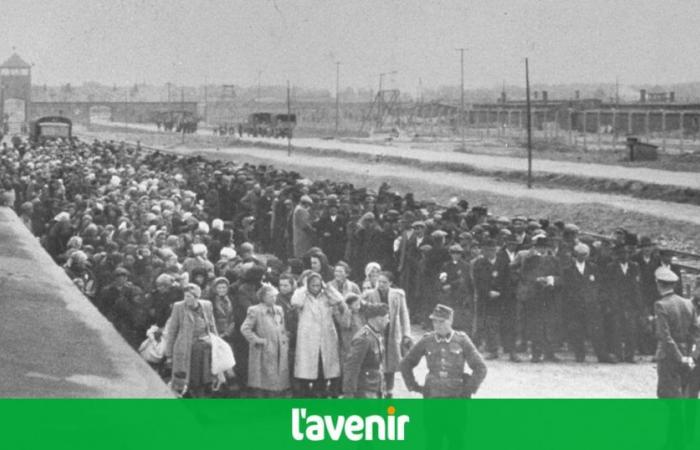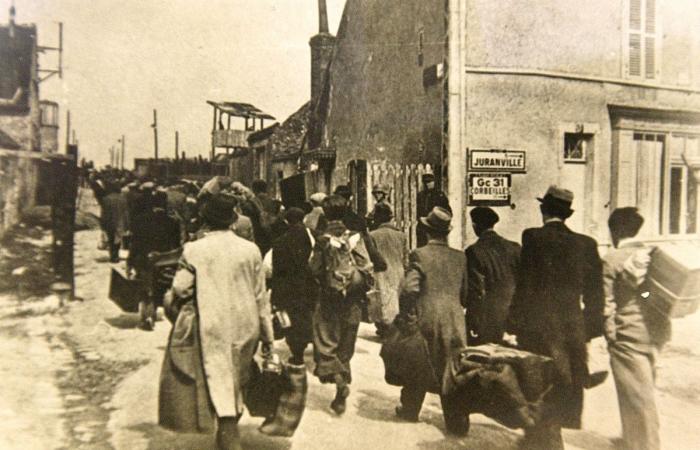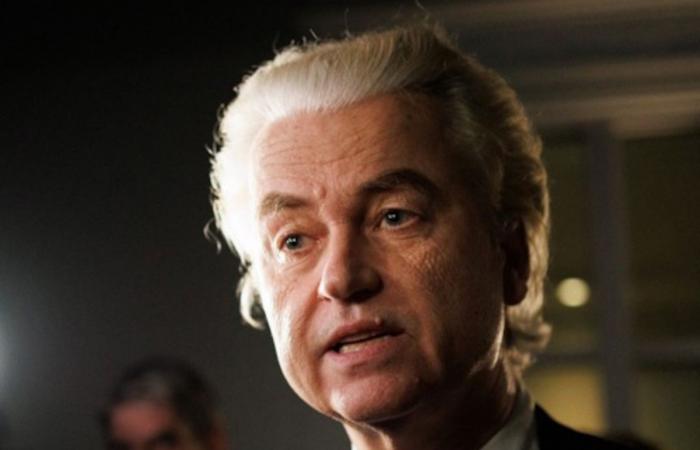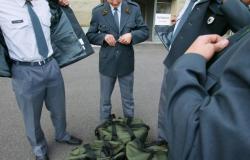By 2027, the database should list more than 400,000 names and 400,000 files of people suspected of having collaborated with the German occupiers during the Second World War.
Excavated from the archives 80 years after the end of the war, these digitized documents are therefore delivered in an almost raw state to a very wide audience. Without specifying the degree of collaboration or the circumstances. With what objective?
3,8 km d’archives
The Huygens research group, based in Amsterdam, specializes in an inclusive approach to history and culture. Since 2022, the institute’s researchers have tackled a large piece: the Central Archives of the Special Jurisdiction (Centraal archief bijzondere Rechtspleging or CABR). “These are the largest war archives in the Netherlands“, explains the Huygens Institute. The files of the 425,000 people suspected of collaboration are compiled there, tightly packed into some 30 million pages. That is 3.8 kilometers of archives.
Personal letters, manuscripts, typed documents… What is being made public this January is the digital version of 8 million pages (out of 30 million). The rest will follow until 2027,”at a rate of 150,000 scans per week”continues the Huygens Institute.
“Breaking a taboo”
This is the “War in Court” project, subsidized by the Ministry of Education and Culture (€18 million).
Until December 2024, these “complex archives” could only be consulted on request, in the reading room of the National Archives. “Although thousands of people do this each year, it poses a major barrier for many others. These archives contain stories important to many more“, develop the Dutch researchers. For example, “children who want to know what their father did during the war”. Or “historians who study the gray areas of collaboration. It will also be possible to find information about victims and events. Without digital access, these archives do not exist for many, especially younger generations.”
gullCollaboration remains a major trauma. We don’t talk about it
Finding a specific element in a mass of information made up of various sources is physically impossible, the researchers point out. Digital access makes everything possible. The Huygens Institute promises content, explanatory videos, definitions of legal terms, but also a list of people exonerated at the end of the trial. “This also allows links to other archives and sources, for example based on people and organizations.”
“Collaboration remains a major trauma. We don’t talk about it“, confides the director of the national archives, Tom De Smet, to Euronews. “We hope that with the opening of the archives, the taboo will be broken.“
Dispel doubts
This is also the analysis of Manuel Abramowicz, coordinator of RésistanceS, webjournal of the Belgian Observatory of the far right: “Such an initiative provides the opportunity to resolve doubts among thousands of families.”
The specialist makes the link with Belgium. “Indeed, if the radical collaborationists were not by far the majority in the population in the end – the figures of the military justice in charge at the Liberation of the purge of uncivilists in Belgium concern 2% of the population – in many families there are nevertheless doubts“, continues Manuel Abramovicz.
And in Belgium?
gullThis would allow reconciliation or not with the “dark years” that our country also experienced. This initiative should therefore also be taken here
This Dutch database made public for the first time is therefore a good thing, according to him. And a practice that Belgium would do well to import, he believes. “This Dutch measure, opening the dark files of national history, would therefore make it possible to respond to family secrets undermining, from generation to generation, family relations, even today. And from then on a reconciliation or not with the “dark years” that our country also experienced. This initiative should therefore also be taken here.“
The RésistanceS coordinator recalls that, “after 1989, in East Germany, the archives of the political police were made public”.
“Such initiatives can only be beneficial for understanding our past even better and avoiding, in our present-future, a repetition of the horrors systematically caused by a strong State”.
Since the summer, the Dutch government has had five far-right ministers, via the Party for Freedom (PVV) of populist Geert Wilders.

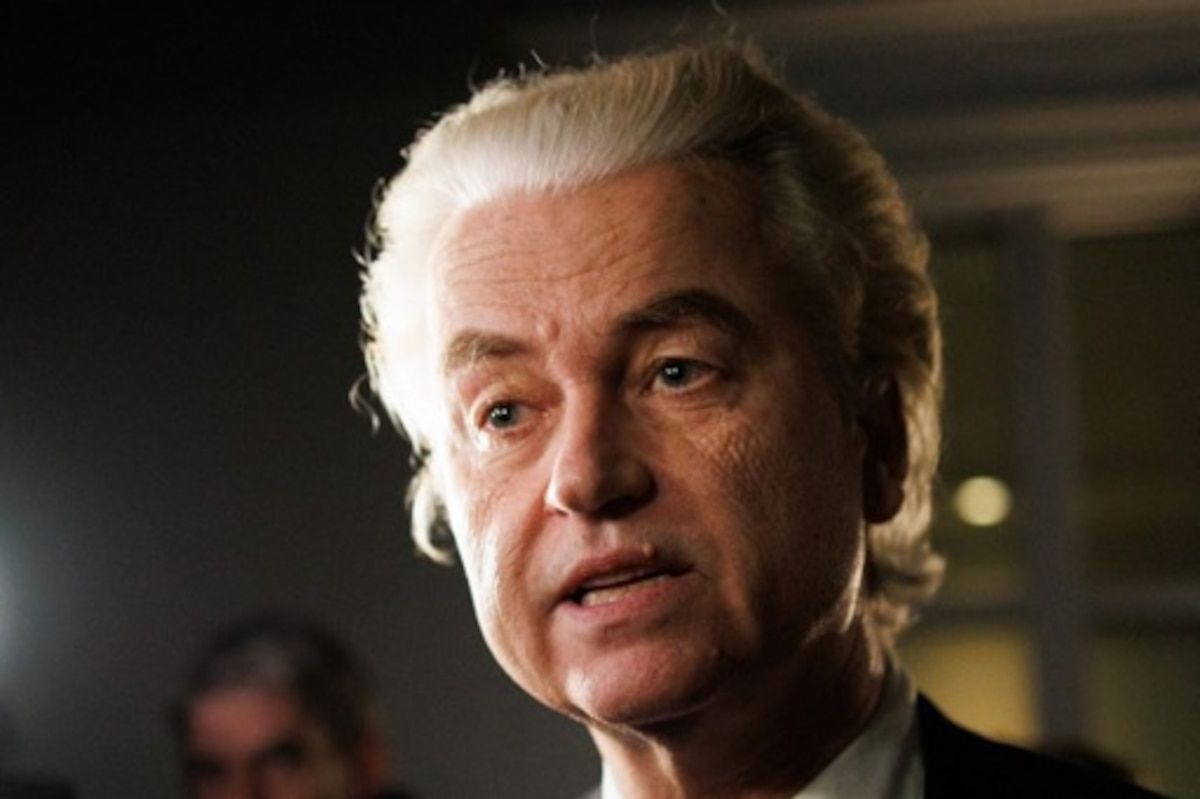
Visible collaboration and “little hands”
There are the obvious collaborators, those who commit in a visible way, explains Manuel Abramovicz (read above). “Activist in a Nazi movement, fighter in the SS Vlaanderen or Wallonia on the Eastern Front to fight communism, far-right mayor appointed by the Occupier, pro-German journalist or cartoonist…” he lists. But there are also “the little hands”, as he calls them. “Within the silent majority, there have also been acts of passive collaborationism. But also an accomplice of the New Order which raged in our country during the Second World War. These “collaborators” participated in the deportation of more than 25,000 Jews, who lived as precarious immigrants in Belgium, to the Auschwitz extermination camp, and in the repression of anti-fascist Resistance fighters.“
In the Netherlands, more than 100,000 Dutch Jews were killed during the war.

